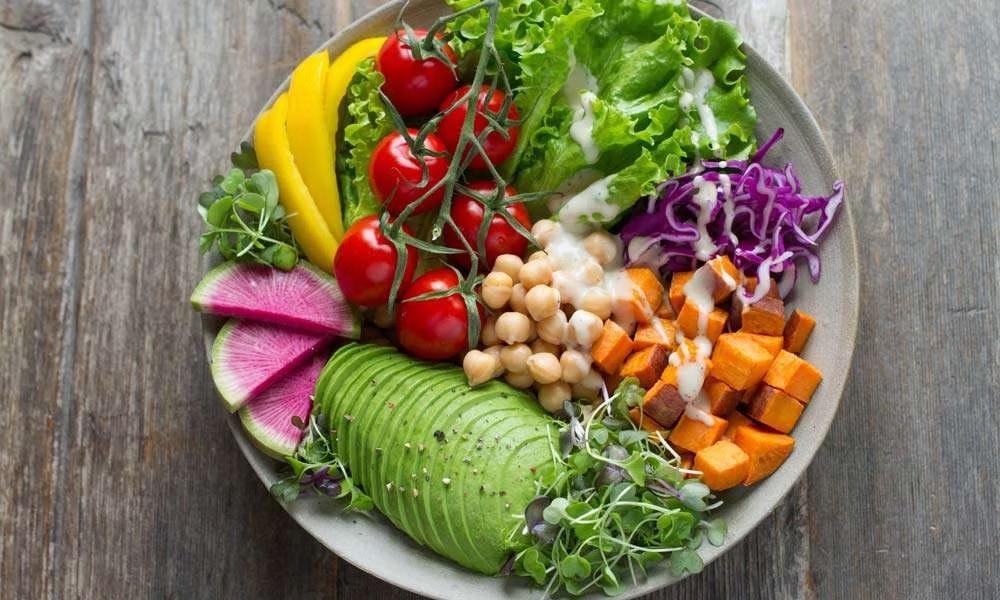Plant-based diets have gained immense popularity over the past few years, with more and more people turning towards this dietary lifestyle. While veganism is often the first thing that comes to mind when we think of plant-based diets, there are actually several other types of plant-based diets that are worth exploring.
The Vegan Diet
The vegan diet is perhaps the most well-known type of plant-based diet. Vegans abstain from consuming any animal products, including meat, dairy, eggs, and even honey. They rely solely on plant-based sources for their nutrition, such as vegetables, fruits, whole grains, legumes, nuts, and seeds.
The Vegetarian Diet
Vegetarians, on the other hand, do not consume meat but may still include animal products such as dairy, eggs, and honey in their diet. There are several types of vegetarian diets, including:
- Lacto-ovo-vegetarian: includes dairy and eggs in their diet
- Lacto-vegetarian: includes dairy but not eggs in their diet
- Ovo-vegetarian: includes eggs but not dairy in their diet
- Pescatarian: includes fish but not meat in their diet
The Plant-Based Diet
A plant-based diet is a dietary lifestyle that prioritizes plant-based foods but does not necessarily exclude animal products entirely. This type of diet is centered around whole, unprocessed plant foods such as fruits, vegetables, whole grains, legumes, nuts, and seeds. Animal products such as meat, dairy, and eggs are minimized or eliminated entirely.
The Flexitarian Diet
A flexitarian diet is a semi-vegetarian diet that allows for occasional consumption of meat and other animal products. Flexitarians prioritize plant-based foods but do not completely eliminate animal products from their diet. This type of diet is often seen as a more flexible and realistic approach to plant-based eating.
The Raw Food Diet
The raw food diet is a plant-based diet that involves consuming only raw, uncooked foods. This includes fruits, vegetables, nuts, seeds, and sprouted grains. Supporters of this diet believe that cooking destroys important nutrients and enzymes in food, and that consuming raw foods can lead to better health and digestion.
The Whole Food Diet
The whole food diet is a plant-based diet that prioritizes whole, unprocessed foods and minimizes or eliminates processed foods. This type of diet is centered around whole fruits, vegetables, whole grains, legumes, nuts, and seeds. It is often seen as a more sustainable and environmentally-friendly approach to eating.
Plant-based diets have been linked to numerous health benefits, including lower risk of heart disease, diabetes, and certain types of cancer. They are also more sustainable and environmentally-friendly than diets that rely heavily on animal products. With so many different types of plant-based diets to choose from, there is something for everyone. Whether you choose to go vegan, vegetarian, or simply incorporate more plant-based foods into your diet, making the switch can have a positive impact on your health and the planet.





